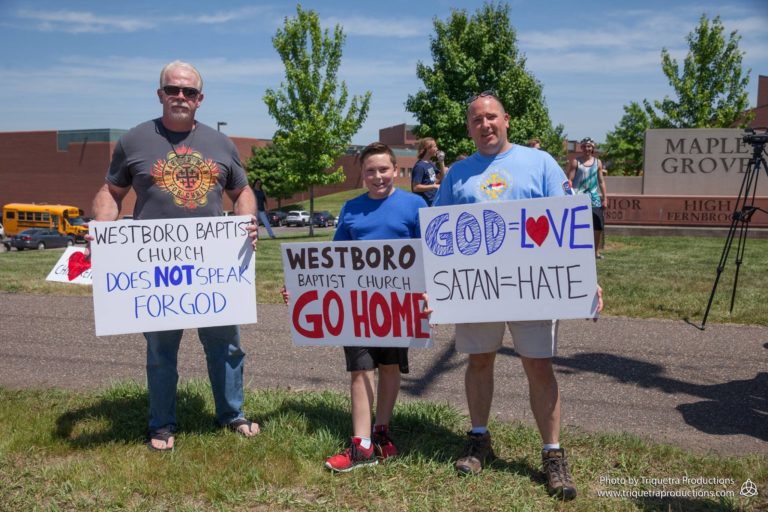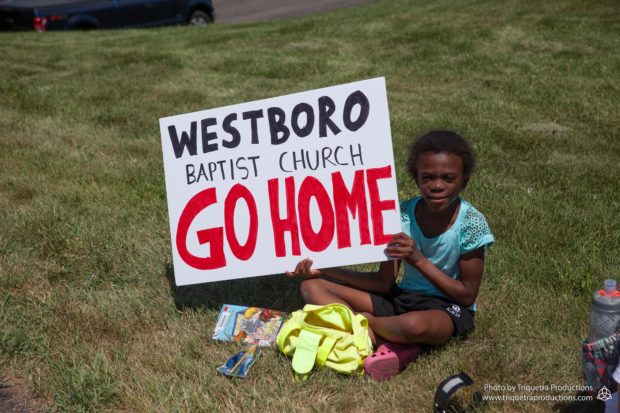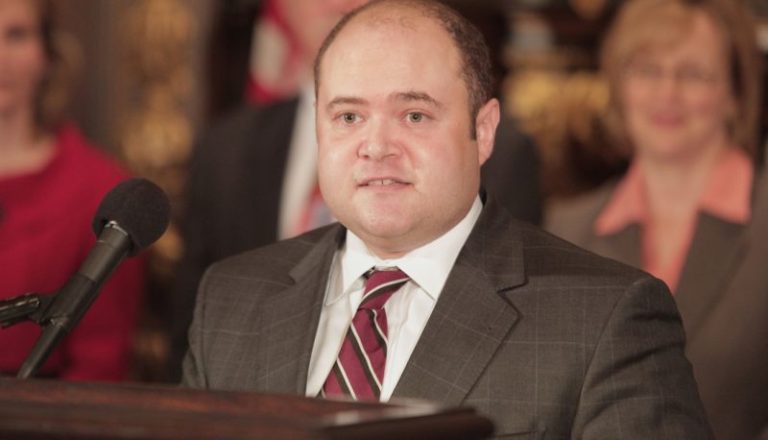Anti-LGBTQ groups are encouraging their supporters to offer anti-LGBTQ resolutions at Tuesday’s caucuses. Meanwhile, the state’s largest LGBTQ group is urging supporters to pass a ban on conversion therapy.
On Tuesday evening, Minnesota’s Republican and Democratic-Farmer-Labor parties will hold caucuses where party activists endorse candidates for office and conduct party business — including resolutions that could eventually become part of the party platform. The Minnesota Secretary of State’s office has a primer on caucuses.
OutFront Minnesota is distributing a resolution that calls for an end to conversion therapy:
ENDING CONVERSION THERAPY
RESOLVED: supports a ban on conversion therapy, also known as sexual orientation/gender identity change efforts, or reparative therapy, as a therapeutic practice. Conversion therapy is targeted at lesbian, gay, bisexual, transgender and queer people in Minnesota. It has been discredited or highly criticized as harmful by all credible, major American medical, psychiatric, psychological, and professional counseling organizations.
Meanwhile, the Minnesota Child Protection League, a conservative Christian group that opposes efforts to make schools inclusive for LGBTQ students, has offered an anti-transgender resolution and an anti-Islam resolution.
The anti-transgender resolution calls on lawmakers to pass a law outlawing discussions of gender in school and barring schools from creating inclusive policies.
1. TEACHING GENDER CONFUSION
BE IT RESOLVED that the Minnesota anti-bullying law be amended so that it may not be used to teach that gender is fluid and not genetically fixed to biology, and that the anti-bullying law may not be used to implement transgender policies that have boys and girls using bathrooms, locker rooms, overnight facilities, and participating in athletic teams according to their chosen gender identity as opposed to their biological sex.
MNCPL also has a resolution that claims that Islam is a governmental system and calls for a ban on “pro-Sharia-Law materials” in schools.
Because K-12 public schools are using materials concerning Islam which are produced and/or approved by pro-Sharia-Law groups, and because Islam is a governmental system that is inseparable from its religion, BE IT RESOLVED that pro-Sharia-Law materials be removed from our public schools and any Islamic content be objectively evaluated and created independently of pro-Sharia-Law special interest groups.
MNCPL has increased its anti-Islam activism activity in recent months. For example, in January, the group claimed to have uncovered a secret plot by Muslims and the Minnesota Department of Education to indoctrinate the state’s students.
The Minnesota Family Council is also urging its supporters to advance two anti-LGBTQ resolutions. One resolution targets transgender inclusive school policies.
“Be it resolved that the _________________ Party of Minnesota supports students’ rights to privacy and safety in school locker rooms, bathrooms, showers, and other facilities where students may be in a state of undress and therefore opposes gender inclusion policies that allow boys and girls to use locker rooms, bathrooms, showers, overnight facilities, according to their chosen gender identity as opposed to their biological sex
Be it further resolved that the _______________ Party of Minnesota supports students’ right to exercise their free speech by using pronouns associated with biological sex, and not be compelled to use language that makes a substantive statement about the nature of sex and reality, in violation of the student’s First Amendment right to free speech.”
The other resolution supports efforts to discriminate against same-sex couples. The resolution reads:
“Be it resolved that the _________________ Party of Minnesota supports religious freedom and rights of conscience for private individuals, businesses and government officials.”
MFC provides some talking points for potential caucus-goers that hammer home the anti-LGBTQ intent of the resolution:
Millions of Minnesotans believe marriage is the union of only one man and one woman and forcing them to promote, support or endorse same sex “marriage” would be a violation of their deeply held religious and conscientiously held beliefs. The Minnesota same-sex marriage law provides no religious freedom protections for private individuals, businesses and government officials. The Supreme Court also failed to provide religious freedom protections in Obergefell v. Hodges despite its recognizing the inherent religious freedom concerns raised by the decision. Minnesota Human Rights Commission says it will pursue charges against a business that “provides wedding services such as cake decorating, wedding planning or catering services.” •Minnesotans should not be forced to violate their faith in order to earn a living.
MFC’s other resolutions include one that deems porn a public health hazard, and one that targets assisted suicide.













